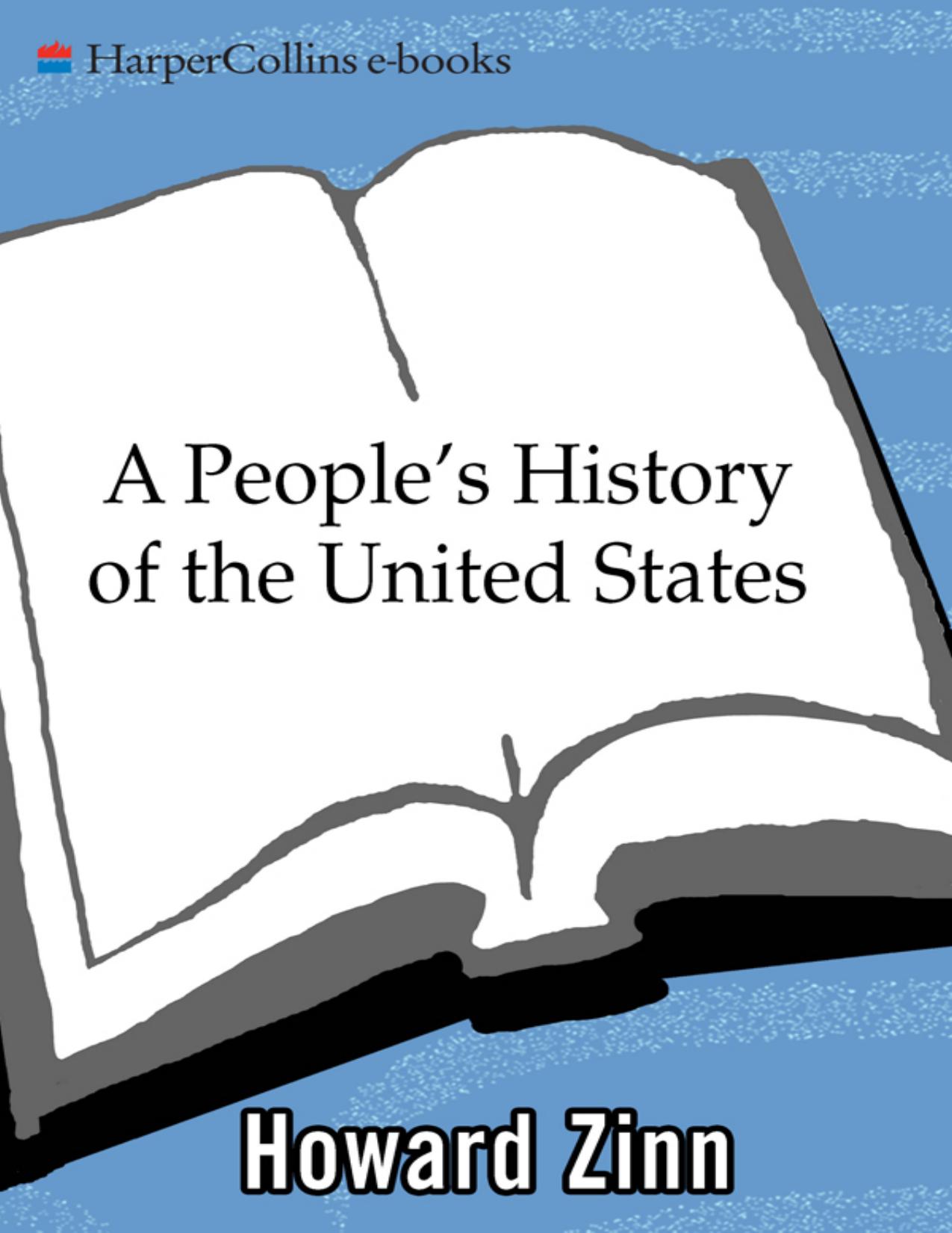A People's History of the United States by Howard Zinn

Author:Howard Zinn
Language: eng
Format: mobi, epub, pdf
Publisher: HarperCollins
Published: 2011-05-23T14:28:35+00:00
Chapter 15
Self-Help in Hard Times
The war was hardly over, it was February 1919, the IWW leadership was in jail, but the IWW idea of the general strike became reality for five days in Seattle, Washington, when a walkout of 100,000 working people brought the city to a halt.
It began with 35,000 shipyard workers striking for a wage increase. They appealed for support to the Seattle Central Labor Council, which recommended a city-wide strike, and in two weeks 110 locals—mostly American Federation of Labor, only a few IWW—voted to strike. The rank and file of each striking local elected three members to a General Strike Committee, and on February 6, 1919, at 10:00 A.M., the strike began.
Unity was not easy to achieve. The IWW locals were in tension with the AFL locals. Japanese locals were admitted to the General Strike Committee but were not given a vote. Still, sixty thousand union members were out, and forty thousand other workers joined in sympathy.
Seattle workers had a radical tradition. During the war, the president of the Seattle AFL, a socialist, was imprisoned for opposing the draft, was tortured, and there were great labor rallies in the streets to protest.
The city now stopped functioning, except for activities organized by the strikers to provide essential needs. Firemen agreed to stay on the job. Laundry workers handled only hospital laundry. Vehicles authorized to move carried signs “Exempted by the General Strike Committee.” Thirty-five neighborhood milk stations were set up. Every day thirty thousand meals were prepared in large kitchens, then transported to halls all over the city and served cafeteria style, with strikers paying twenty-five cents a meal, the general public thirty-five cents. People were allowed to eat as much as they wanted of the beef stew, spaghetti, bread, and coffee.
A Labor War Veteran’s Guard was organized to keep the peace. On the blackboard at one of its headquarters was written: “The purpose of this organization is to preserve law and order without the use of force. No volunteer will have any police power or be allowed to carry weapons of any sort, but to use persuasion only.” During the strike, crime in the city decreased. The commander of the U.S. army detachment sent into the area told the strikers’ committee that in forty years of military experience he hadn’t seen so quiet and orderly a city. A poem printed in the Seattle Union Record (a daily newspaper put out by labor people) by someone named Anise:
What scares them most is
That NOTHING HAPPENS!
They are ready
For DISTURBANCES.
They have machine guns
And soldiers,
But this SMILING SILENCE
Is uncanny.
The business men
Don’t understand
That sort of weapon . . .
It is your SMILE
That is UPSETTING
Their reliance
On Artillery, brother!
It is the garbage wagons
That go along the street
Marked “EXEMPT
by STRIKE COMMITTEE.”
It is the milk stations
That are getting better daily,
And the three hundred
war Veterans of Labor
Handling the crowds
WITHOUT GUNS,
For these things speak
Of a NEW POWER
And a NEW WORLD
That they do not feel
At HOME in.
The mayor swore in 2,400 special deputies, many of them students at the University of Washington.
Download
A People's History of the United States by Howard Zinn.epub
A People's History of the United States by Howard Zinn.pdf
This site does not store any files on its server. We only index and link to content provided by other sites. Please contact the content providers to delete copyright contents if any and email us, we'll remove relevant links or contents immediately.
| Anarchism | Communism & Socialism |
| Conservatism & Liberalism | Democracy |
| Fascism | Libertarianism |
| Nationalism | Radicalism |
| Utopian |
The Secret History by Donna Tartt(19032)
The Social Justice Warrior Handbook by Lisa De Pasquale(12182)
Thirteen Reasons Why by Jay Asher(8884)
This Is How You Lose Her by Junot Diaz(6872)
Weapons of Math Destruction by Cathy O'Neil(6261)
Zero to One by Peter Thiel(5782)
Beartown by Fredrik Backman(5734)
The Myth of the Strong Leader by Archie Brown(5491)
The Fire Next Time by James Baldwin(5424)
How Democracies Die by Steven Levitsky & Daniel Ziblatt(5211)
Promise Me, Dad by Joe Biden(5141)
Stone's Rules by Roger Stone(5079)
A Higher Loyalty: Truth, Lies, and Leadership by James Comey(4946)
100 Deadly Skills by Clint Emerson(4911)
Rise and Kill First by Ronen Bergman(4776)
Secrecy World by Jake Bernstein(4738)
The David Icke Guide to the Global Conspiracy (and how to end it) by David Icke(4697)
The Farm by Tom Rob Smith(4500)
The Doomsday Machine by Daniel Ellsberg(4481)
